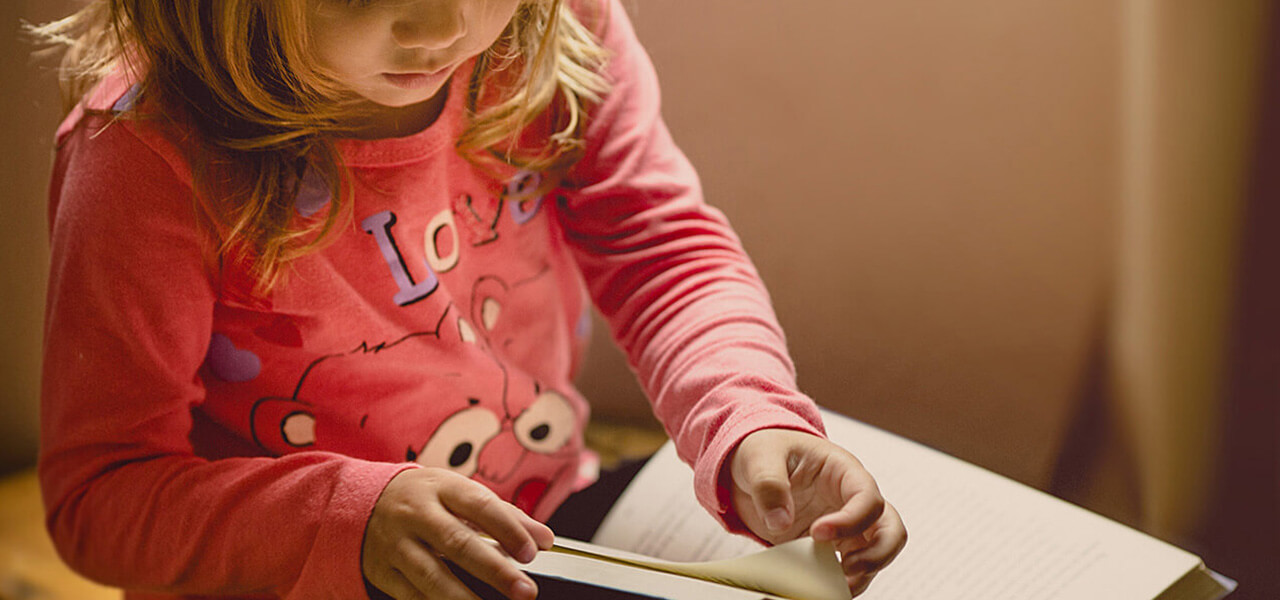Children have an innate connection and love of stories. As a parent I have used story telling as a powerful teaching and therapeutic tool. Sharing stories with my children has taught us all a lot about life, each other and ourselves. Through story telling my children have explored their own roots and developed their sense of belonging, their family and individual identities. They have explored different ideas, values and beliefs and have been able to develop and express empathy for others.
Recently my partner and I were struggling with a vicious cycle involving children who were restless and “attention seeking” after being put to bed. This resulted in parents who were also tired and felt we were ‘losing it’. When we changed the structure of our bedtime activities and routines, we noticed an immediate positive effect. The new routine provided opportunities for us all to wind down and connect emotionally.
We have developed a bedtime ritual which combines our five year-old son’s idea for a “good night game” or a game of his choosing, with our nine year-old son’s desire to hear a story from our childhood. We follow this with a “fairy dust” ritual which involves gently stroking the kids’ faces for a couple of minutes as they relax with their eyes closed. Following this nightly ritual, the kids usual settle off to sleep within minutes. Instead of harsh words and orders to “get back to bed”, we now end the day together feeling warm and affectionate towards each other.
The story time ritual has been a wonderful and very powerful activity in building empathy between us all. The kids get to hear what childhood was like for us, some of our family folklore and legends and to understand the experiences of other family members. They are amazed (and envious) to learn about the freedom we had as kids to roam and explore the neighbourhood and surrounds. This has also got us thinking about being proactive in building opportunities to support their emerging needs for independence and to develop resilience.
The questions they ask about these ‘goodnight’ tales have explored the different attitudes and values of the time when we were children, which resulted in greater freedom and autonomy and also our own family contexts. For me, as the third of four in a sole parent family, my freedom was significantly greater than my partner’s in his childhood. The kids are curious about what it was like for me not living with my Dad. At times their empathy and concern for me is almost visible, emanating from these and other questions.
They never seem to tire of hearing some of the stories repeated. They particularly love hearing the story of how my younger sister – as an infant – was nearly floated down the local storm water channel in a box (thankfully my mother discovered and intervened at the last minute).
Stories revealing sibling rivalry are also popular with my children: like the time I let go of my younger sister’s stroller down a steep hill, and when my partner’s sister wanted to leave him at the local supermarket. Such stories reassure the kids that their own ambivalence towards each other is normal and okay, and that both their Dad and I understand and have felt this way. I also love hearing my partner’s stories, as it gives me insights into him and his family that I would otherwise not have access to.
They love dramatic stories, like the time our dog was lost down the underground railway and spent a week living with vegetarians in Balmain. Or when my sister and I were followed from school by a stranger; or the house was burgled whilst my sister was at home alone and unwell.
These stories open up opportunities for us to talk about difficult topics such as stranger danger and why people commit crimes (such as burglary). I have to be careful to time these stories well, as some of them are not conducive to bedtime relaxation. I try to couch these stories in messages that reflect a hopeful and positive outlook on the world, and build empathy and understanding of others.
My children also love hearing stories from their grandparent’s childhoods. It was with great pleasure and pride that I recently heard my eldest son requesting childhood stories from my 93-year-old grandfather. My grandfather has always been a particularly good raconteur but has become increasingly frail and depressed since moving to a nursing-home. Getting him engaged in story-telling and reminiscing seems therapeutic for him too.
Story telling has also been incredibly helpful and therapeutic for me and my partner in reflecting on and integrating our family and childhood experiences. We have been able to help each other work through the impact of family scripts and roles, and to express grief and loss about difficult experiences. My empathy and understanding towards my own parents has also grown as I reflect on the difficulties and lack of support that they experienced in raising me and my siblings.
So the next time you start to tell your child what or how to do something, try sharing a story instead. Watch and wait for the story to work its magic!

